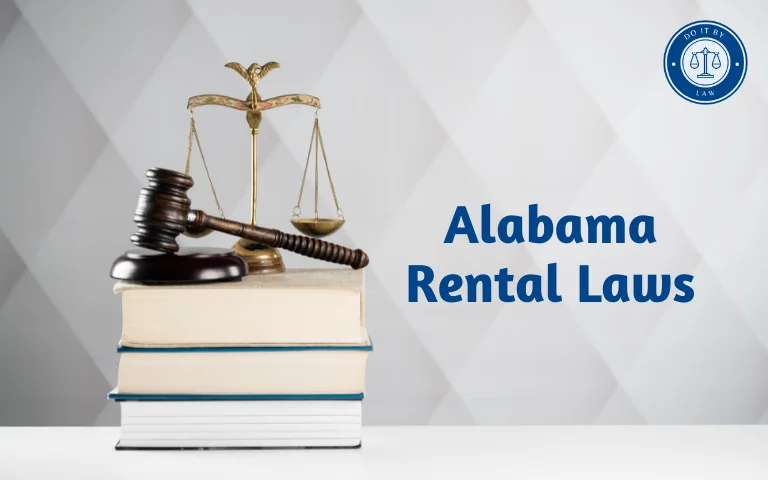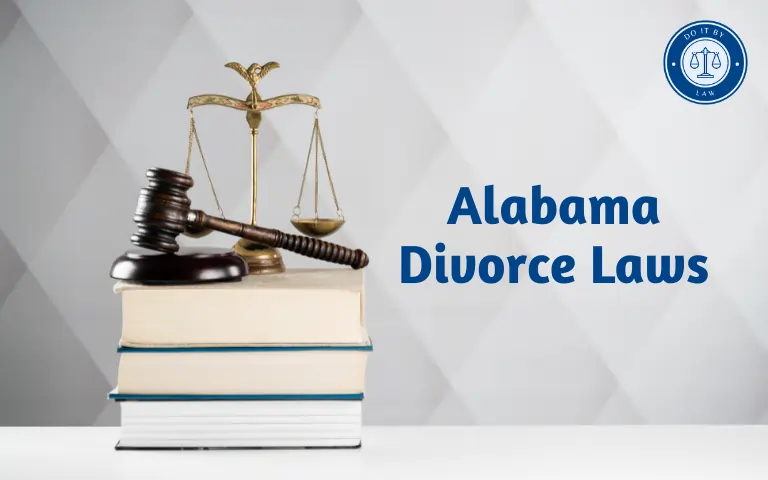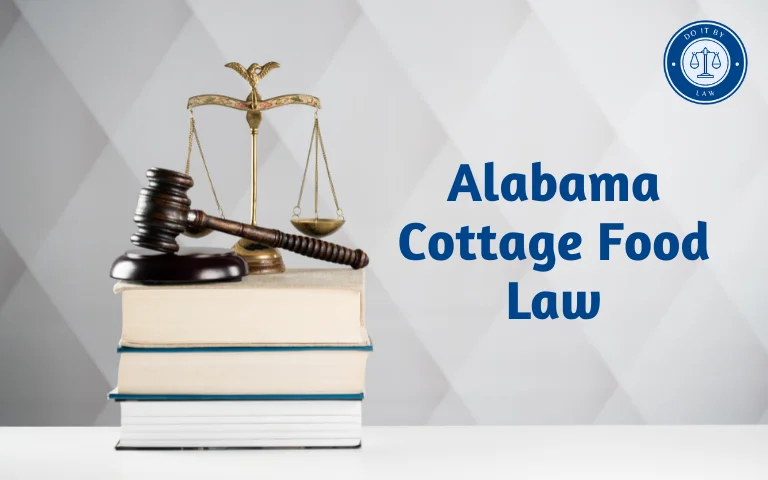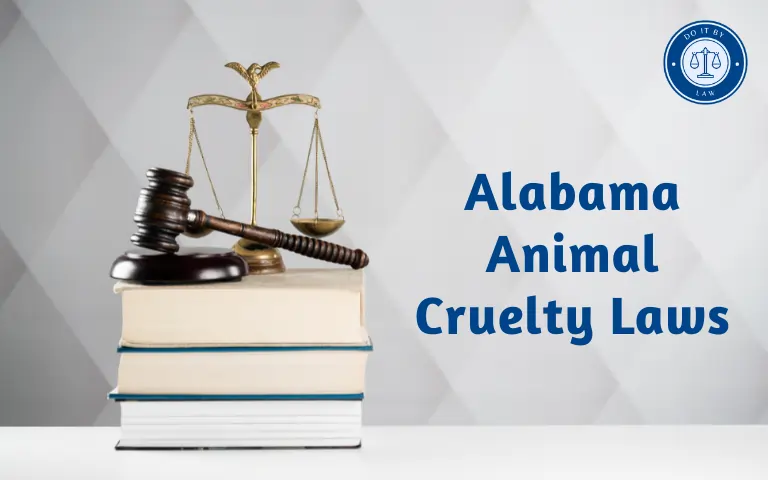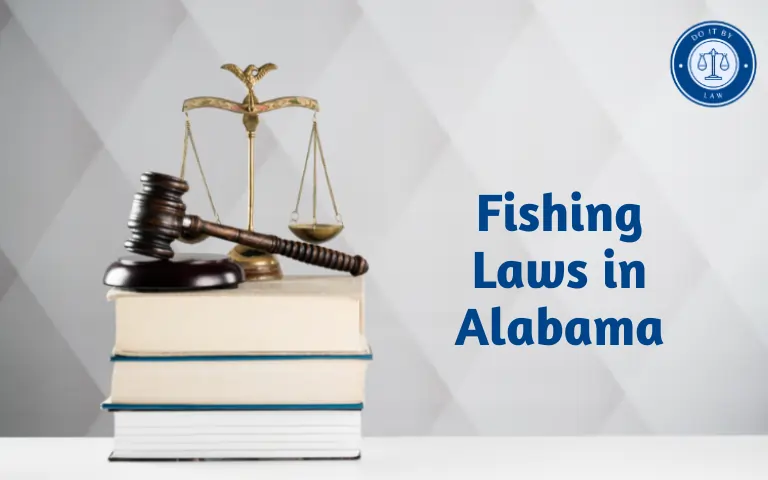Alabama Rental Laws: What You Need to Know
Alabama Rental Laws governing landlord-tenant relations to define rights and responsibilities. Understanding key Alabama statutes on security deposits, lease terms, property conditions and more is important for renters and landlords.
Alabama Rental Laws provides regulations in areas like allowable fees, discrimination, repairs, evictions, and ending tenancies. This overview covers the basics of Alabama landlord-tenant law renters should know.
It explains deposit requirements, disclosures, lease provisions, tenant duties, terminations, evictions, retaliation, and other aspects. Knowing the laws aids in smooth business and ensures housing stability.
History of Alabama Rental Laws and Purpose
Alabama passed its first laws regulating landlord-tenant relations in 1852. Early laws established basic contract terms and property possession rules after lease expiration.
Over time, Alabama expanded its rental statutes to further define rights and responsibilities. Key additions include:
- 1961 – Added tenant notice requirements before evictions.
- 1975 – Established specific security deposit regulations.
- 1980s – Added protections against housing discrimination.
- Late 1990s – Detailed tenant rights to habitable premises.
- 2000s – Further refined rules for lease termination.
The motivation has been balancing property rights with ensuring safe, equitable housing. As more residents rent long-term, comprehensive laws grew vital.
Who Alabama Rental Laws Apply To
Alabama rental laws govern:
- Landlords are renting any property for over 30 days within Alabama.
- Tenants renting residences including apartments, houses, mobile homes, rooms, etc.
- Residential leases – special rules can apply for short-term vacation rentals.
Renters’ rights apply equally to tenants in private or subsidized housing. Local ordinances build on state law.
Key Provisions of Alabama Rental Laws
Alabama statutes address major aspects of leases and renting:
- Allowable Fees: Limits security deposits to one month’s rent. Caps non-refundable fees.
- Lease Requirements: Leases over 1 year must be in writing. Clauses against public policy are void.
- Disclosures: Landlords must disclose known lead paint hazards.
- Tenant’s Maintenance Duties: Tenants must keep the unit clean, use it properly, and notify the landlord of issues. Landlord performs repairs.
- Landlord’s Duties: Landlords must provide habitable, compliant premises at lease start. Must make repairs to maintain.
- Rent Increases: Rent can only be raised with an advance notice equal to the rental period – e.g. 30 days for monthly leases.
- Reasons for Eviction: Non-payment, lease violations, property damage, etc. Proper procedures must be followed.
Rules for Security Deposits in Alabama
Alabama regulates specific aspects of rental security deposits:
- Maximum one month’s rent amount.
- Landlords must place in an escrow account.
- Interest is paid to the tenant if the deposit is over $150.
- Tenant must be given itemized damages statement within 35 days of lease termination if withholding any deposit.
- Penalties if the landlord fails to remit the deposit or furnish a statement in the required time.
These rules aim to protect tenant deposits from abuse or neglect.
Termination of Leases Under Alabama Law
Alabama has rules on properly terminating rental agreements:
- Year leases become month-to-month agreements if allowed to roll over.
- Either party must give proper notice to terminate – typically 30 days for monthly agreements.
- Tenants can terminate early in certain situations like domestic abuse, landlord breach, etc.
- Landlords must follow proper procedures for valid evictions – and cannot use self-help methods.
The laws balance the rights of tenants and landlords when ending agreements. Proper notice avoids future disputes.
Recent Changes to Alabama Rental Laws
Some recent amendments to Alabama statutes include:
- 2016 – Further codified rules and procedures for eviction cases.
- 2018 – Limited landlord’s ability to deny tenants based on source of income.
- 2020 – Added tenant protections related to COVID-19 hardships.
- 2022 – Increased amount of prepaid rent landlords could require.
- 2022 – Required landlords to provide voter registration forms to new tenants.
Reforms typically aim to modernize processes and address current rental issues.
Controversies and Challenges to Rental Laws in Alabama
Debates surrounding rental laws in Alabama echo larger trends:
- Rapidly increasing rents and insufficient affordable housing stock.
- Concerns over landlords wrongfully keeping deposits.
- Need for standard lease contracts vetted for compliance.
- Constraints on landlord’s ability to recover property from problem tenants.
- Whether non-disparagement clauses in leases violate tenant rights.
- Extent public health emergencies like COVID-19 justify enhanced tenant protections.
Both landlord and tenant advocates argue any changes should balance rights and responsibilities.
Conclusion and Key Takeaways on Alabama Rental Laws
In summary, Alabama rental laws establish tenant and landlord rights and duties for fair housing. Key provisions address deposits, leases, maintenance, disclosures, termination procedures, and prohibited actions. Understanding core requirements helps rental parties meet legal standards.
Key takeaways on Alabama rental laws include:
- Deposit and fees are capped at one month’s rent, placed in escrows.
- Tenants are entitled to habitable, properly maintained premises.
- Lease breaches allow termination after proper notice periods.
- Evictions require court orders – self-help lockouts are prohibited.
- Reforms address emerging issues though debates continue.
Rental housing impacts public welfare. Reasonable statutes are crucial for legal compliance and housing accessibility.
Frequently Asked Questions About Alabama Rental Laws
References and Citations on Alabama Rental Laws
Alabama Uniform Residential Landlord Tenant Act
Alabama Dept. of Public Health – Landlord Tenant Guide
Alabama Real Estate Commission – Landlord Tenant Laws

